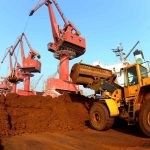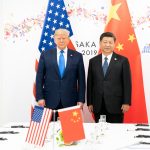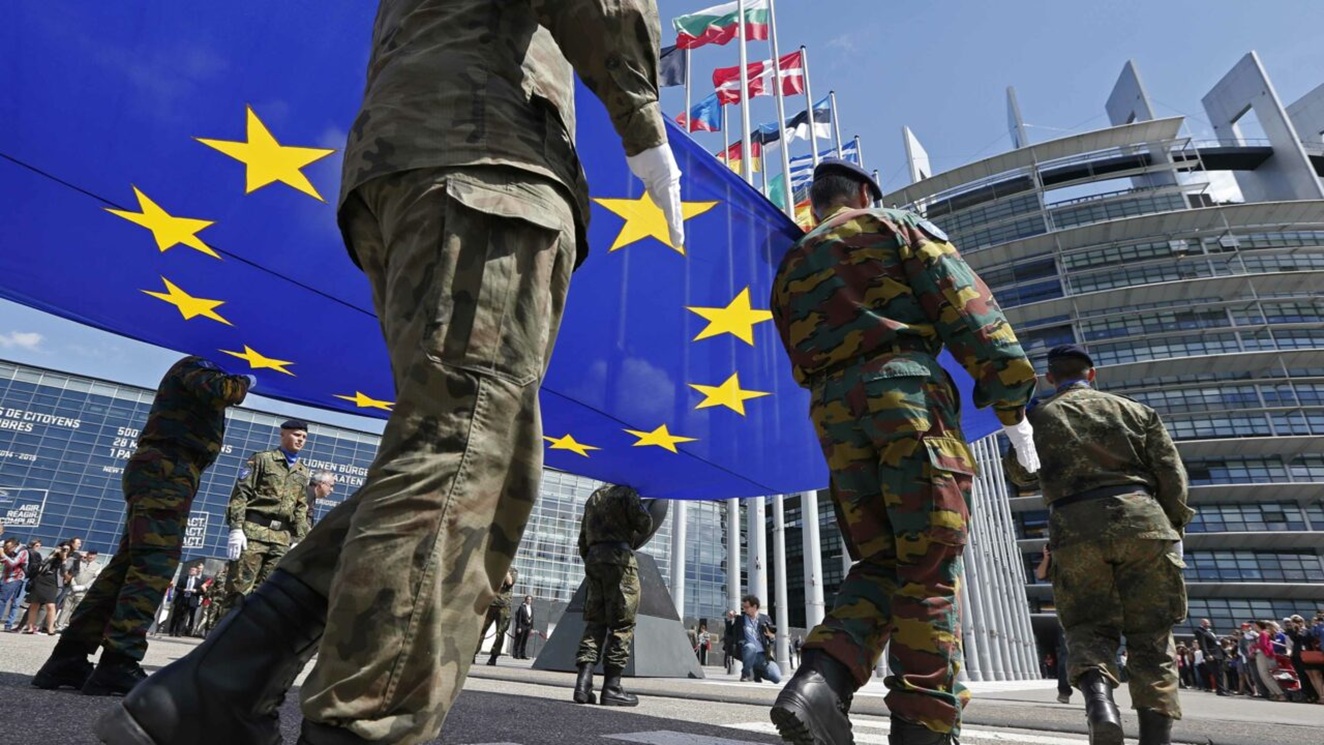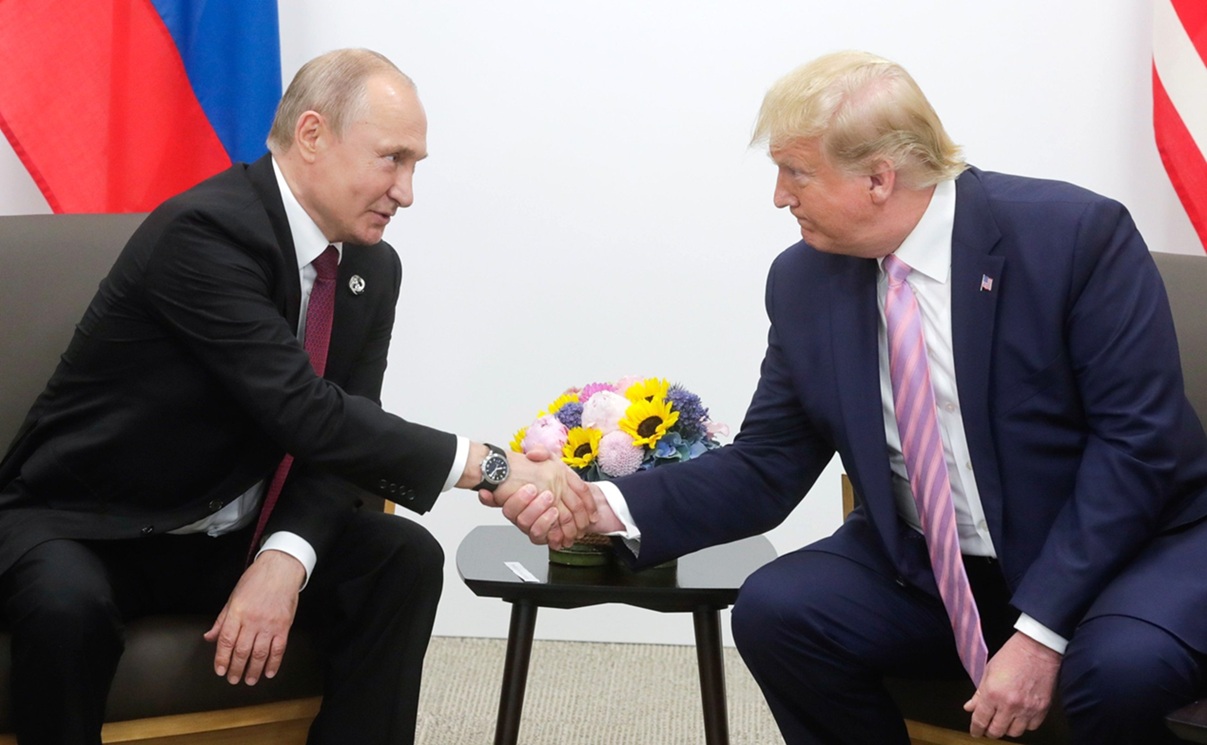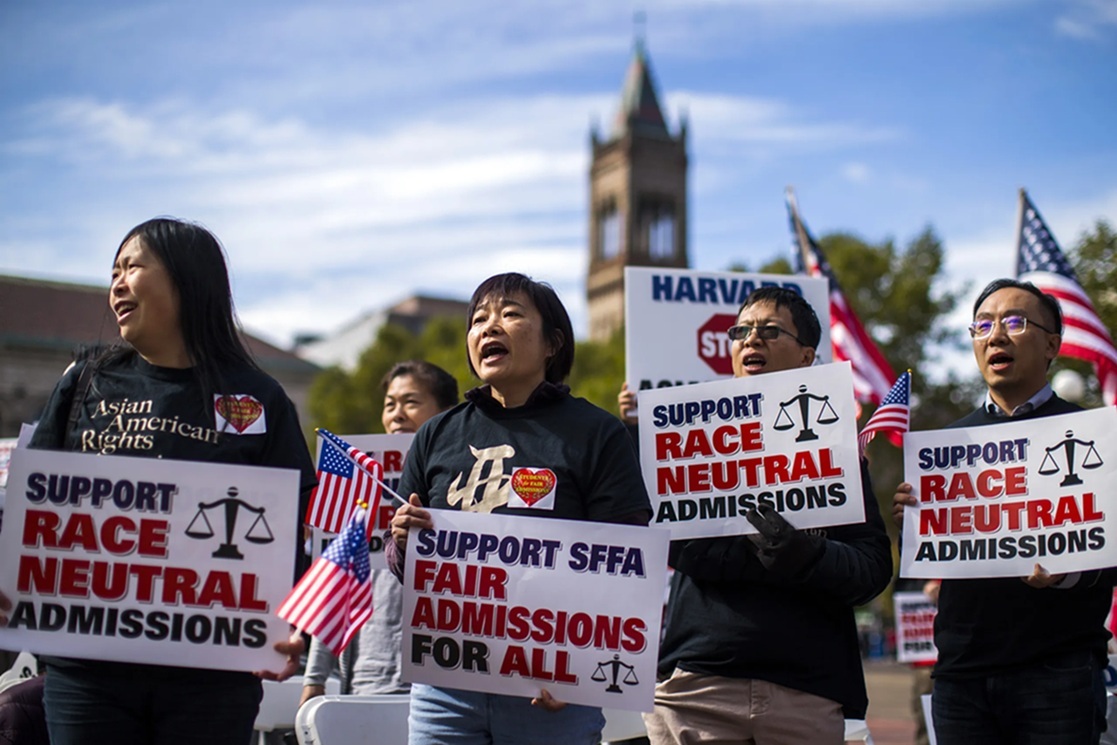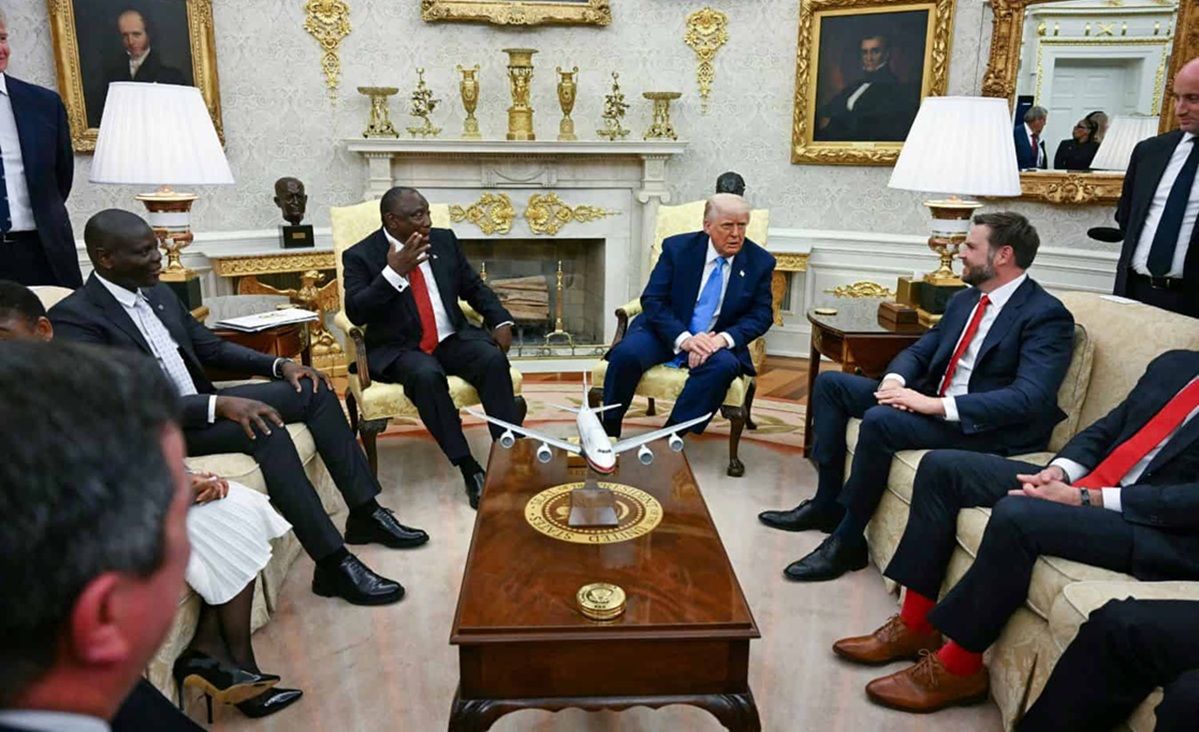ALL ARTICLES CAN BE READ IN 100 LANGUAGES
China’s second largest real estate developer China Evergrande-Group is about to collapse. Will China export a new Lehman Brothers? The Corona pandemic had an unparalleled impact on the Chinese economy. The group has the title of “the world’s most indebted real estate developer” and serves as a symbol of Chinese companies’ deficits. Analysts predict that the group may be the weight that creates a new Lehman Brothers syndrome for the world economy.
Since the latter part of 2020, China has experienced waves of shaky debt markets caused by defaults of local finance companies, real estate developers, as well as government enterprises due to insufficient business revenues during the pandemic. By the end of the first half of the year, twenty-five of the largest Chinese companies had defaulted on bonds totalling around US$ 10 billion.
People who have invested all their savings in homes that Evergrande-Group builds have infiltrated the group’s offices and demanded repayment of their deposits in unfinished homes that apparently can never be delivered. There are many individuals, the group has so far delivered 600,000 homes annually.

Investors want their money back
Historically, investors in Chinese companies have perceived these companies as safe investment assets as the Chinese Communist Party has stepped in and rescued companies that have failed, to ensure they can maintain their financial obligations. However, the party has now made it clear that it will henceforth allow debt bombs to be detonated. It will only intervene to save systematically important companies. Investments in Chinese companies have thus, from being connected with a certain amount of security, become a high-risk sport for kamikaze investors.

Huarong Asset Management
As an example, Huarong Asset Management, which has been one of China’s four major state property managers, is now in extreme financial distress. After the release of its latest financial results for several months, it was revealed that the company’s profits had fallen by 90 percent. To survive, the company had to acquire emergency funding of US$ 7.7 billion from Chinese state-owned finance companies. The state-owned property manager has been characterized as “too large to fail”, but smaller companies might be detonated in the market with lower risk, without causing a possible destructive domino effect.

Entrepreneur Hui Ka Yan
As President Xi Jinping wants to bring “common prosperity” to China, his big goal is not to save billionaires such as the owner of China Evergrande Group, entrepreneur Hui Ka Yan. The company is ranked as the world’s most indebted real estate developer and controls assets equivalent to 2 percent of China’s gross domestic product. A collapse in this group could affect millions of homeowners, all company’s employees, as well as private investors. It will therefore be very risky for the market to allow the company default with subsequent bankruptcy.

S&P Global Ratings
The company’s bonds have fallen by 75 percent since the end of May. These have fallen further today after S&P Global Ratings said that the group was on the verge of an obvious default on its loans. However, the credit rating agency said that Beijing would only intervene if the group infected several other major developers.
Global investors are watching with anticipation. Evergrande will have to pay US$ 83.5 million in interest on a five-year bond on Thursday. Failure to do so within 30 days will necessarily constitute a breach. The group also owes US$ 36 million on another bond due the same day.
So far, the Chinese government has been totally silent. State media have barely mentioned Evergrande, although owner Hui told employees he thought the company would soon emerge from “our darkest moment”.

China’s President Xi Jinping
For President Xi Jinping, the company’s fate could also entail another all-encompassing risk, namely a threat to the country’s Communist Party. The president apparently likes to cut the number of billionaires, but he obviously much prefers to retain power.
Featured image: One of many local offices of Evergrande
21/09/2021










